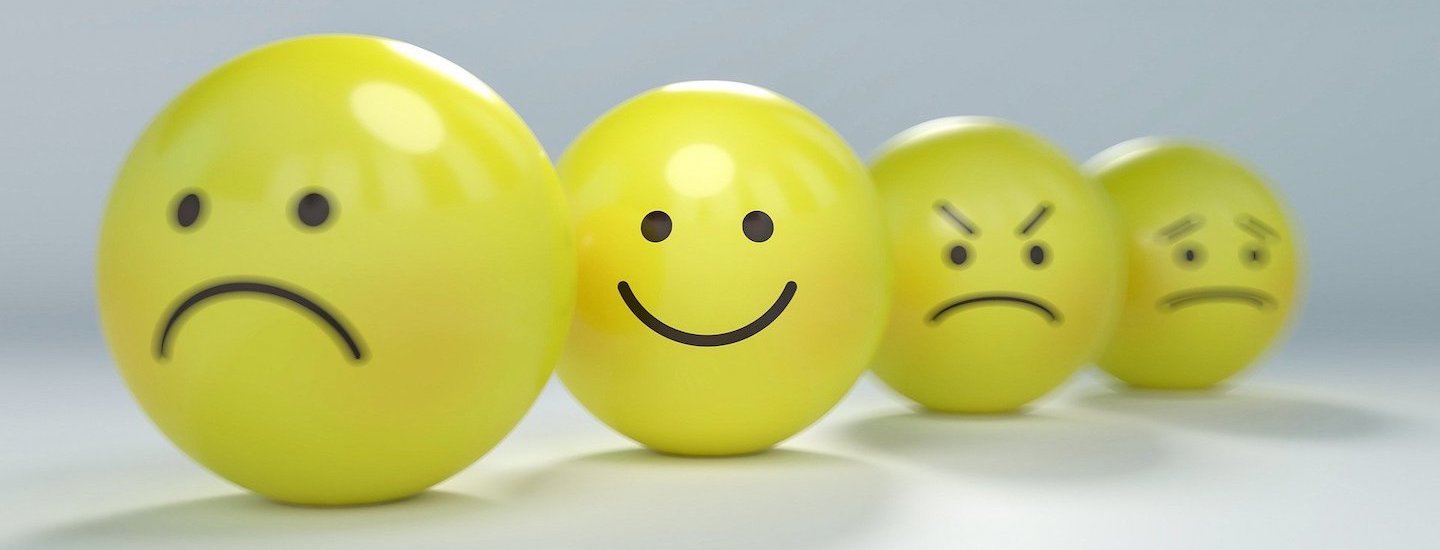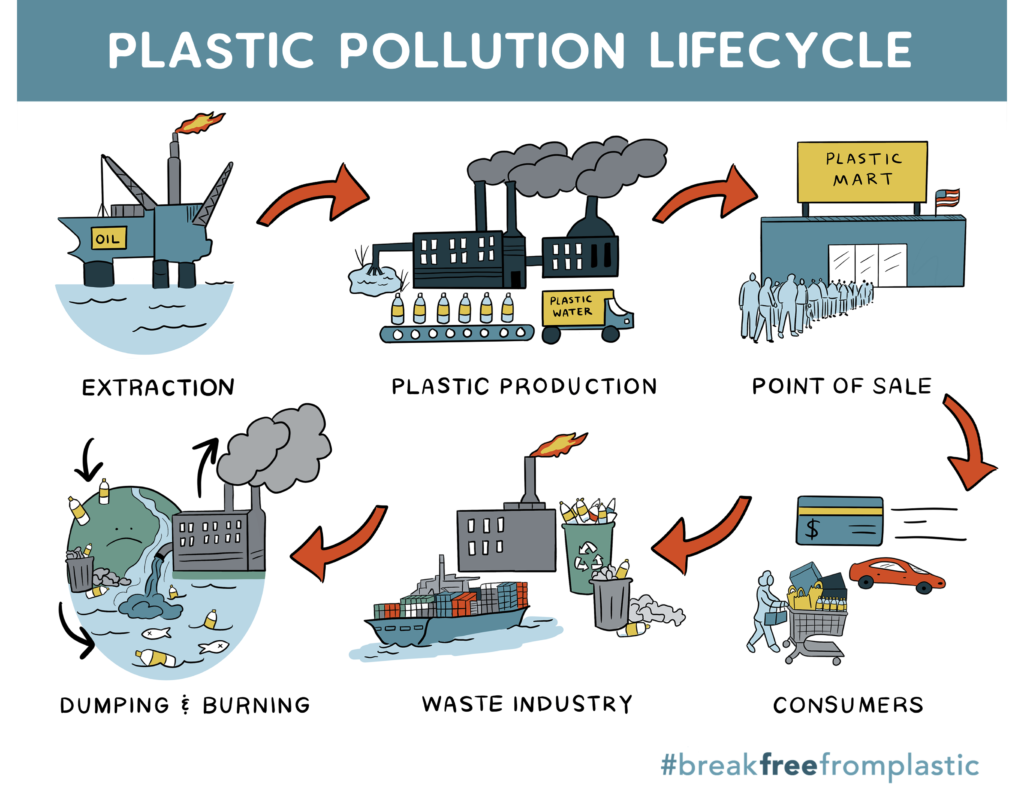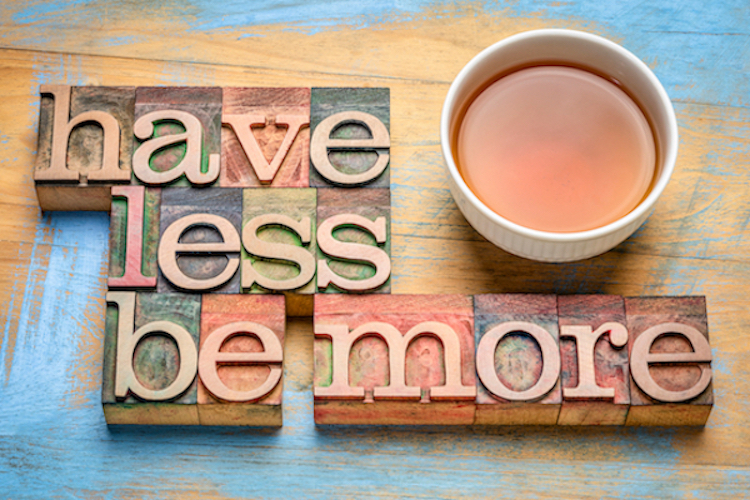
Who doesn’t love the boost of endorphins you get when you rip open your latest online purchase? It’s exhilarating for a moment, but that kind of happiness is shallow and short-lived; it doesn’t last – just like most of our stuff. The majority of what we buy is made to break so that we’ll have to go out and buy it again. Stuff, from fashion to technology, is also designed to go out of style, persuading us to ditch our perfectly good stuff for the latest trend. Why continue paying for just a glimpse of joy when you can learn to find happiness in every moment for free, no strings attached? That’s the true promise of mindfulness and embracing minimalism, and it’s well within your reach.
In a capitalistic society that’s obsessed by the pursuit of wealth and material gain, we mistakenly value nature and our own health less than mere stuff. But it’s not our fault. Corporations have successfully convinced us through strategic marketing campaigns that stuff will ultimately make us happy. So why is it that the more we have the less happy we are? This is partially due to the fact that producing, consuming, and disposing of all that stuff is making us both physically and mentally sick, more on this next. We are also left with a greater feeling of despair when the happiness we paid for doesn’t last. Most wealthy people will agree that you can’t really buy happiness. It’s not a tangible asset. True, money is necessary to a point in order to provide essential security and health-related needs, but this seems to top out at around $75,000. Yet we still try because that’s what we’ve been made to believe. You may wonder what’s so wrong with a moment of happiness, even if it is fleeting. That happiness, however, may just come at a larger environmental cost than you’re willing to pay.

Besides the price tag of the item, there’s a lot of hidden costs that are not considered when we make a purchase. Let’s consider this common scenario: You’ve just watched a rather compelling ad showcasing a bunch of smiling, happy people having a great time. The ad tells you it’s because they’re sporting the latest fashion trend and you too can be this happy if you just looked like them. So you hop online and place your order. If you check the item details you’ll probably find it is made from synthetic plastic-based fibers such as polyester, rayon, nylon, spandex, or acrylic. In order to make that piece of clothing, we first have to make the fiber which involves extracting fossil fuels, transporting them to ethane crackers and oil refineries, manufacturing the oil and gas into plastic resin, transporting that resin to a factory where it can be made into synthetic fibers and then to a warehouse to be knitted and designed into the desired product, shipped yet again to a shop or brand headquarters where it will make one more journey to your doorstep. This whole process involves the release of countless greenhouse gases which harm surrounding communities and contribute to climate change.
Whether the item breaks or simply goes out of style, you either donate it or dispose of it where it eventually makes its way to the landfill or incinerator to release more greenhouse gases - ultimately making you and the planet sicker. This was a long way of saying that our stuff comes at a higher cost than we think and the short-term burst of joy we receive may not be worth the life-long damage it can cause.

There’s no way around it, we do need some stuff in our lives. Phones, computers, clothing, and furniture are just a few items most of us need to get by in our daily lives. The questions we need to start asking are, “Do I actually need this?” and “Is there a better alternative?” People who live a lifestyle of minimalism insist that the less stuff they own the better they feel. It’s as if the physical clutter in our lives becomes mental clutter in our minds and can actually weigh us down. Those who practice mindfulness find that by focusing on the present moment they can more easily see what brings them real joy and let go of the things that don’t. We need to start thinking for ourselves rather than letting clever ads influence our decisions. It’s time to stop, reassess our core values, and choose to see the beauty in the present. This world is full of wonderful things – trees, birds, clouds, waves, laughter, and love – all available to us at no cost.
Living a mindful and minimalistic lifestyle can reawaken us to what really matters in life - community; connection; and the health of ourselves, our loved ones, and the environment we all depend on. So, as we emerge from the pandemic stronger and more resilient than before, let us reflect on the aspects of our lives where we can cut back, where we can slow down and make a conscious effort to recognize the impact our daily actions have on the world around us. Once you stop looking for more, you realize you already have everything you need.